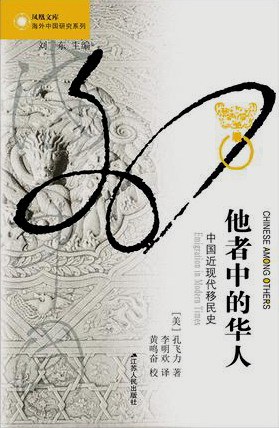the new internal migration on the grounds that it was not simply exploiting the rural poor but also contributing to wholesome changes in the villages where the sojourning migrants returned. Each migrant who came home with new skills, new outlooks, and some money was one more villager who might start an enterprise and thereby contribute to alleviating rural poverty. The state generally approved temporary urban sojourning as one way of raising the “quality” (suzhi) of rural dwellers (code for modern outlooks, manners, and skills—an inversion of the Maoist glorification of rural people).

